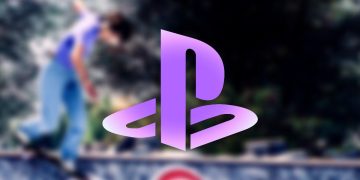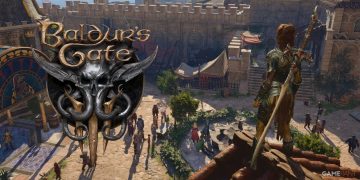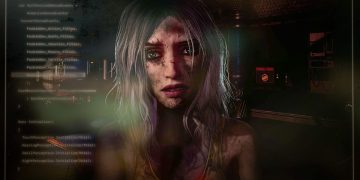Andy Gavin, who, along with Jason Rubin, started Naughty Dog back in 1986, has become quite the regular contributor on LinkedIn, where he’s been sharing some fascinating stories about the company’s early days. Recently, he reminisced about the rollercoaster of financial ups and downs they faced over the years. He delved into how the expenses of creating Naughty Dog’s first games grew over time, eventually leading to their decision to sell to Sony in 2000.
Gavin detailed, “Our early 80s games each cost under $50,000 to produce. When we worked on ‘Rings of Power’ from ’88 to ’91, the budget jumped to approximately $100,000, which thankfully, brought in a bit more after taxes by ’92. In ’93, we took that $100,000 from ‘Rings’ and poured it into a self-funded project, ‘Way of the Warrior.’ But then, developing ‘Crash Bandicoot’ from ’94 to ’96 set us back a whopping $1.6 million. By the time we got to ‘Jak and Daxter’ between ’99 and ’01, we were looking at a budget over $15 million. Come 2004, the expense of producing AAA titles like ‘Jak 3’ had skyrocketed to an incredible $45-50 million, and costs have only climbed higher since.”
This financial journey culminated in the Sony buyout. Gavin explained that “the stress of self-financing these ever-growing budgets was immense. Selling to Sony wasn’t just about safeguarding Naughty Dog’s financial future. It was about equipping the studio with the necessary resources to continue producing top-tier games without the crushing pressure of escalating costs and the paralyzing fear that one misstep could lead to disaster.”
Gavin’s reflections sparked a lively discussion among industry professionals in the comments section. James Marcus, a senior artist working on Splitgate 2 for 1047 Games, chimed in: “It’s unfortunate how much costs have ballooned. This dynamic has pressured too many developers into either stifling their creative risks or selling to large corporations out of fear that a single flop could lead to bankruptcy.”
However, acquisition by a giant like Sony can come with its own set of hurdles. Restructures and layoffs, like those during Sony’s 2024 round of cuts, can impact studios negatively. Similarly, when Firewalk Studios, known for creating Concord, was acquired by Sony in 2023, it didn’t seem to secure a bright future for either the game or the studio, as the studio was shut down shortly after Concord hit the market. So, while getting acquired by Sony might offer financial breathing space, it’s a mixed blessing. Nevertheless, the rising costs of producing AAA games remain a stark reality.

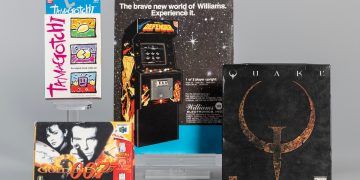
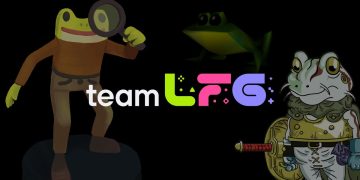
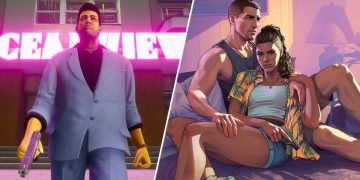
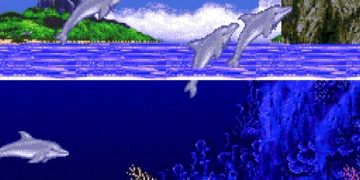


![[Review] Wings of Endless: A PlayStation 5 Adventure [Review] Wings of Endless: A PlayStation 5 Adventure](https://www.pressstartreport.com/wp-content/uploads/2025/05/Review-Wings-of-Endless-A-PlayStation-5-Adventure-360x180.jpg)
